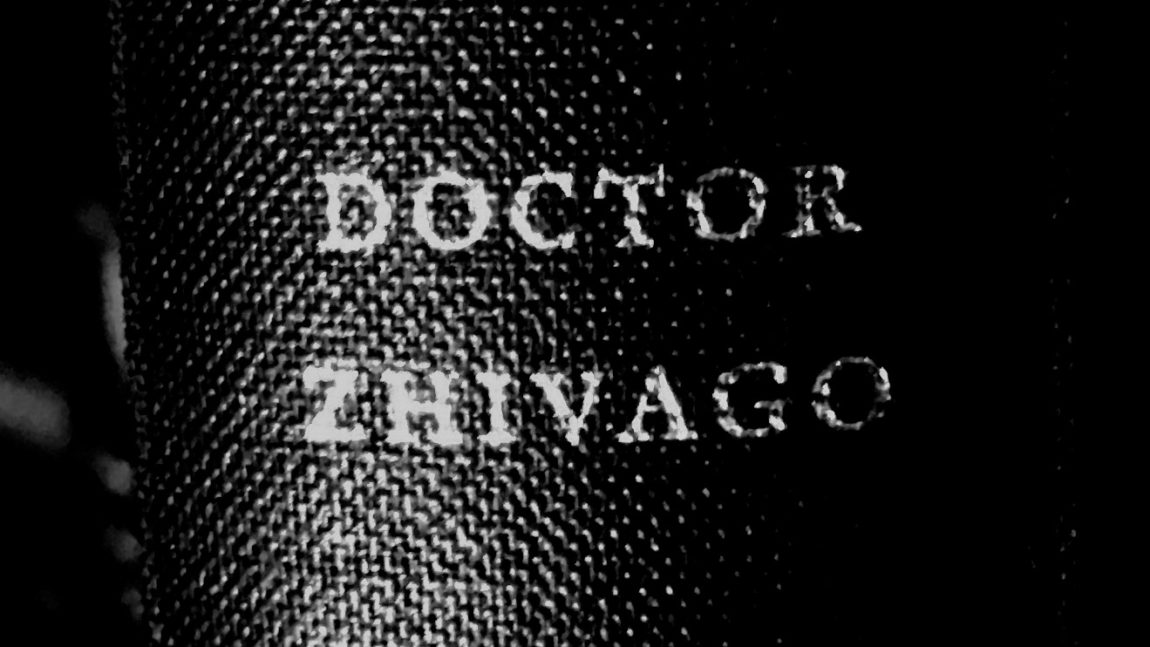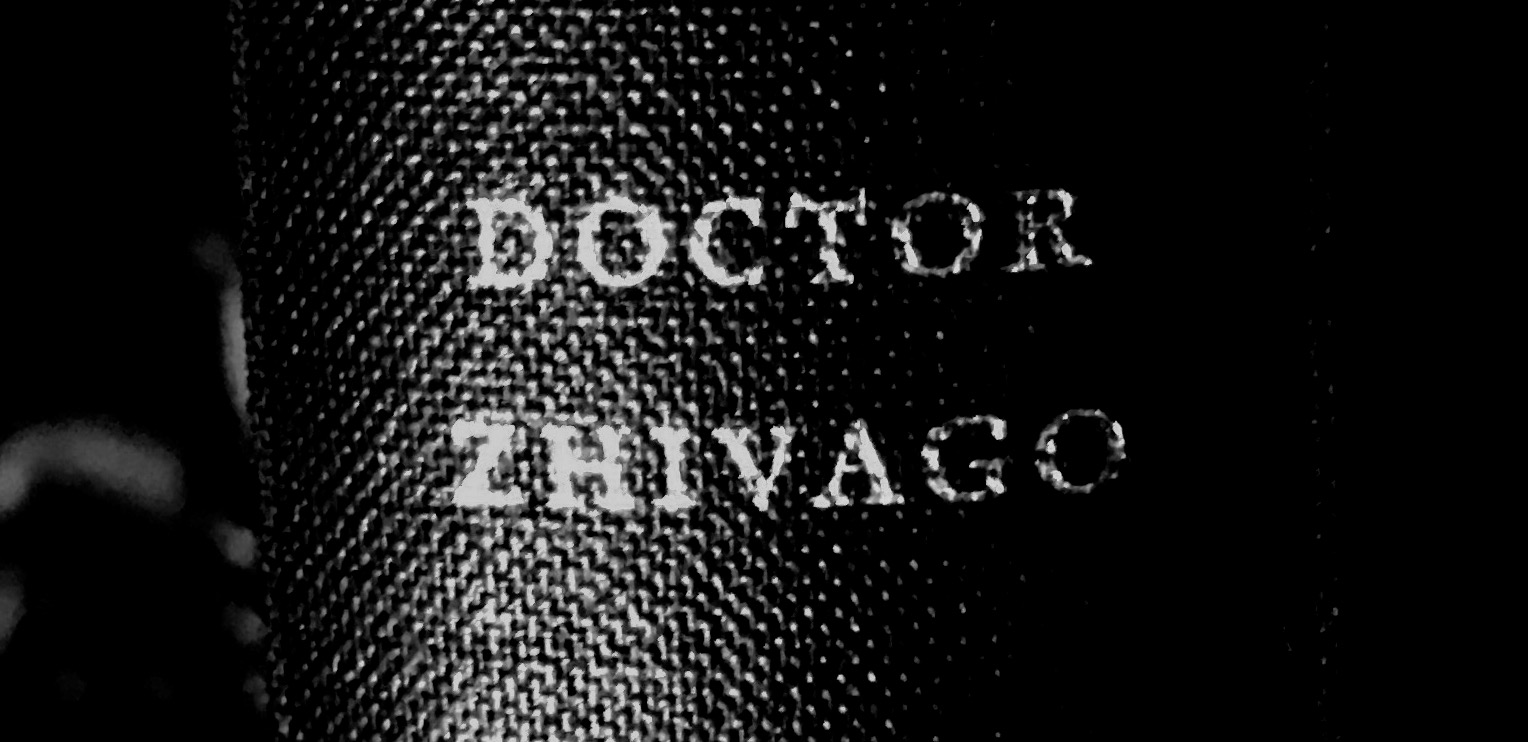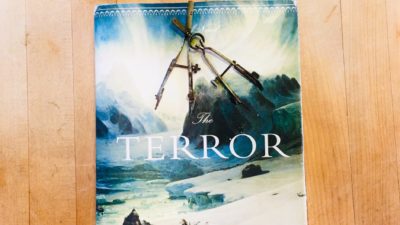Doctor Zhivago by Boris Pasternak
This is what authoritarian regimes do to artistic souls, more interested in love, art, and learning than brutal ideological efficiency. Pasternak wrote Doctor Zhivago during an era when people were more thoughtful, less distracted, and willing to wade through long expositions of train rides, cross-country treks, and the home life of people scrapping for food and warmth. And so, while it is a pillar of literary greatness, for those more accustomed to relatively short and to-the-point popular fiction of today, Doctor Zhivago may at time seems long winded. But those people should just get a grip and learn to appreciate writing that compels one to ditch modern distraction (Hello? Turn off your iPhone for a week and take a detox break from technology!) and reflect on finer aspects of the world around us.
Before delving into Zhivago, if the reader is not familiar with the Russian revolution, it would be helpful to read a historical summery from Wikipedia. Yury, the primary character, grows up in pre-1917 Russian revolution(s), and lives through WWI, the October Revolution, the subsequent chaos in Moscow, and the civil war between Reds and Whites in Siberia. He, and his family, survive near starvation and travel eastward by train, where they settle in a small country town. All along the way, despite he being married to another, there is Lara, the wife of a revolutionary militant, who he falls in love with, and ultimately losses, along with his first wife and children. Zhivago is a book of loss, but despite the horrors Yury experiences, his spirit finds a way to appreciate small things and make them great.
Zhivago is not so subtly critical of the Soviets. Following the October revolution, he describes the rise of disease, abuse of power, catastrophic decay of infrastructure, the iron will and loss of morals of Red officials, the hopelessness of innocents caught in between a civil war between, and so on. The book was published in Italy in 1957, after Doctor Zhivago was banned from publication in the Soviet Union and the smuggled out. He then won the Novel prize, first accepting, then rejecting it, living out his life as a pariah in his home country. He begged Kruschchev for forgiveness for writing Zhivago, apparently never regaining redemption in his home country before dying in 1960.
Reading Zhivago with its history in mind, one realizes that she is experiencing the feelings and trials of the writer. Like Yury Zhivago, Pasternak had a wife and a lover, and was estranged from both, he experienced great loss of culture, art and love as a result of the Russian Revolution, and as a result of writing and publishing this novel. This understanding gives the reader a sense that Zhivago is a work of non-fiction, injecting a stark poignancy to a triumphant testimony to human zest for living, loving and finding joy in small things, even in the face of unforgiving brutality from man and nature.
Zhivago still has meaning in the so-called “Post Cold War” era. On its most basic level, it is a story about common people surviving social, economic, political and ideological devastation. It is a warning to modern people. Appreciate what you have. Chaotic change may result in too great a price. This reviewer couldn’t help but wonder how close the U.S. came to Yury’s experience in 2008 when the economy nearly melted down.
On a lighter note, Zhivago has a lot in common with books like The Road by Cormac McCarthy. Both books include scenes of desolate decay of people and infrastructure, particularly including abandoned trains in the wilderness, destroyed communities, and people turning against one another, fighting for food, warmth and willing to fight each other to the death. One wonders whether McCarthy intended the similarity with Zhivago. In any event, for those who enjoyed The Road and other such dystopian tales will likely find Zhivago enjoyable, and with much better literary value.
And, by the way, reading this book in hardback is definitely worth it. Enjoy turning those thick pages. And go ahead and dog ear them and mark them up with notes and underlines. It makes one remember that good books were meant to be held.
ALL PAID LINKS #ad





Add Comment